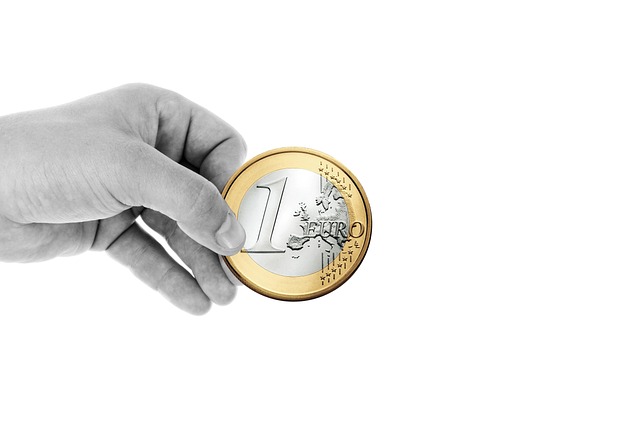Binance Coin’s Impact on Exchange Ecosystems
Binance Coin, also known as BNB, is a cryptocurrency that was created by the Binance exchange in 2017. It has since become one of the most widely used cryptocurrencies in the world, and its impact on exchange ecosystems cannot be overstated.
The creation of BNB was a strategic move by Binance to create a native cryptocurrency for its platform. The goal was to reduce trading fees and increase user adoption. The BNB token is interchangeable with Bitcoin on the Binance exchange, allowing users to easily trade between the two assets.
One of the key ways in which BNB has impacted exchange ecosystems is through its use as a payment method. Binance allows users to pay trading fees using BNB, rather than traditional fiat currencies like USD or EUR. This move has made it easier for users to buy and sell cryptocurrencies on the platform, while also generating revenue for Binance.
Another way in which BNB has impacted exchange ecosystems is through its use as a governance token. The Binance Community Council, which is comprised of community members who help govern the Binance ecosystem, uses BNB to make decisions about the direction of the platform. This move has helped to increase user engagement and participation in the Binance ecosystem.
In addition, BNB has also been used as a reserve currency by some exchanges. The Binance exchange itself holds a significant amount of BNB as a reserve, which it can use to back its tokens and maintain stability on the platform. Other exchanges have followed suit, using BNB as a reserve currency to reduce their own trading fees.
The impact of BNB on exchange ecosystems has also been seen in terms of its role as a utility token. The Binance Smart Chain (BSC), which is a blockchain platform developed by Binance, uses BNB as its native cryptocurrency. This move has helped to drive adoption of the BSC platform and create new use cases for BNB.
Furthermore, the growth of the Binance ecosystem has also led to an increase in the number of decentralized finance (DeFi) protocols that are built on top of it. These DeFi protocols use BNB as a utility token to facilitate lending, borrowing, and other financial transactions. The growth of these protocols has created new opportunities for users to engage with the Binance ecosystem.
In recent years, there have been several high-profile security breaches and hacks of exchanges. These events have highlighted the importance of having robust security measures in place to protect user assets. In response to these concerns, some exchanges have started to use BNB as a reserve currency to back their tokens and reduce the risk of theft.
The impact of Binance Coin on exchange ecosystems is multifaceted. It has reduced trading fees, increased user adoption, and created new opportunities for users to engage with the platform. Its role as a utility token has also driven adoption of the Binance Smart Chain and created new use cases for BNB.
In conclusion, Binance Coin’s impact on exchange ecosystems cannot be overstated. Its use as a payment method, governance token, reserve currency, and utility token has helped to drive growth and adoption of the platform. As the cryptocurrency market continues to evolve, it will be interesting to see how Binance Coin continues to shape the future of exchange ecosystems.
Tags:
BNB Impact on Exchange Ecosystems
Binance Coin Benefits
Decentralized Finance Protocols
Exchange Security Measures
